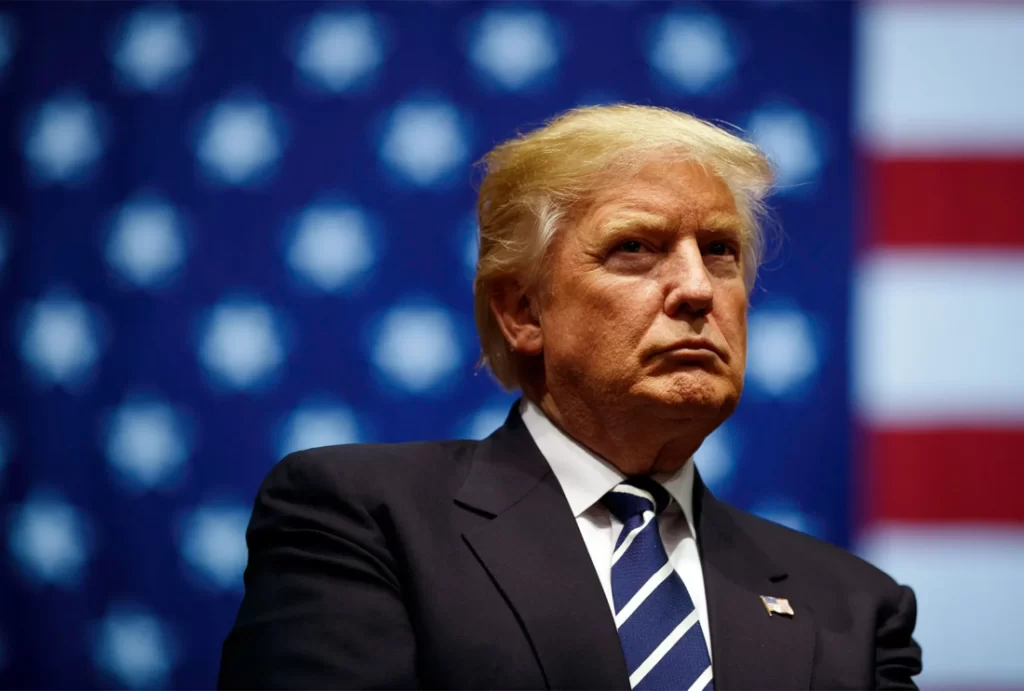Even as he has announced his intention to take another run at the White House, as expected, Donald Trump is fighting the subpoena from the January 6 committee. Trump’s lawsuit means he is unlikely to ever testify before the one-sided committee, which will likely be disbanded should the GOP take the House, as it appears they will.
Trump’s attorney David A. Warrington said in a statement that the ex-president “engaged with the Committee in a good faith effort” to resolve his concerns around executive privilege.
“This partisan Committee insists on pursuing a political path, leaving President Trump with no choice but to involve the third branch, the judicial branch, in this dispute between the executive and legislative branches,” Warrington said.
In a 41-page complaint, Trump’s lawyers argued a former president can’t be compelled to testify before Congress.
The lawsuit also draws on a long-held Republican case that the committee is illegitimate and lacks the authority to issue valid subpoenas.
In response to the lawsuit filed by Trump to block the subpoena from the panel for documents and testimony, the panel said that it is “evaluating all of its options.”
“Former President Trump has failed to comply with the Select Committee’s subpoena requiring him to appear for a deposition today,” the committee chair, Mississippi Rep. Bennie Thompson, and Wyoming Rep. Liz Cheney, the vice chair, said in a statement on November 11.
“Even though the former President initially suggested that he would testify before the committee, he has since filed a lawsuit asking the courts to protect him from giving testimony,” Thompson and Cheney said.
But Trump’s attorneys have a different take on the situation.
In their lawsuit, his lawyers argued that Trump has retained immunity as a former president and that while other presidents and former presidents have voluntarily agreed to testify before Congress, his legal team claimed that no president has ever been compelled to do so.
They described the committee subpoena as “invalid” because they said it did not further a legislative purpose and claimed it was overly broad and infringed on his First Amendment rights.
The Jan. 6 committee had extended the deadline for Trump to comply with their documents request by one week. The initial deadline was Nov. 4.
